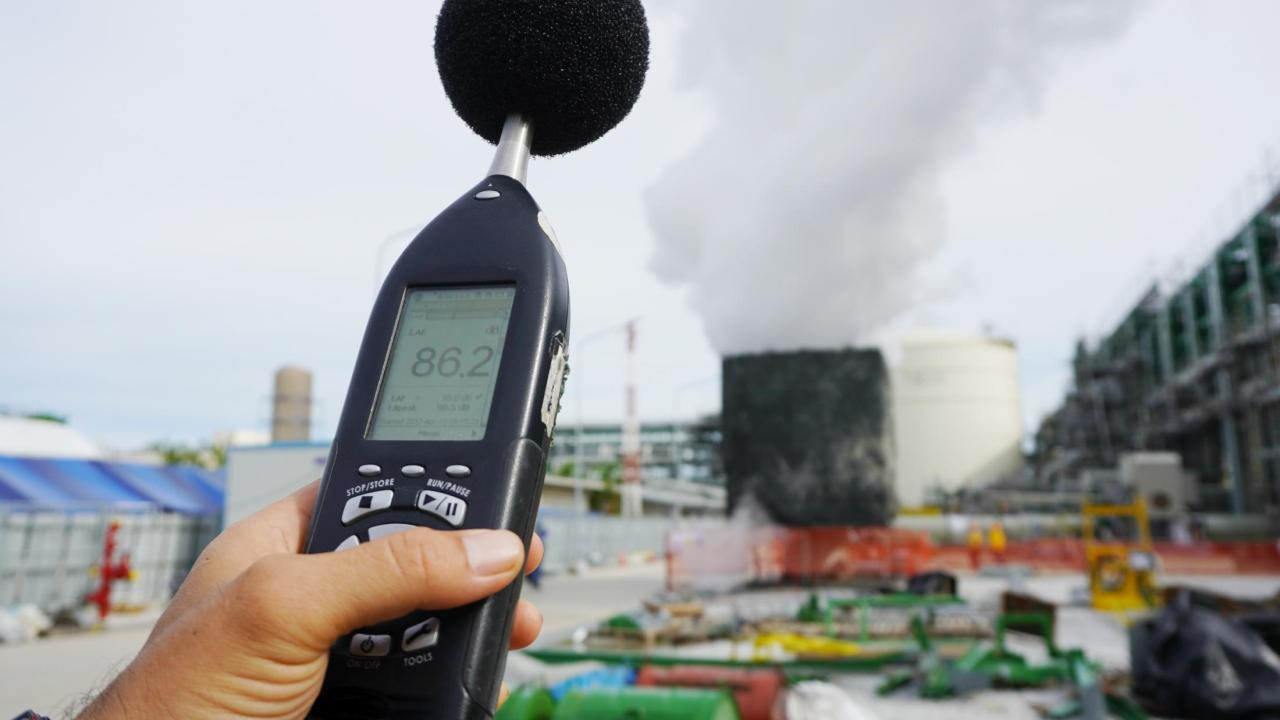
Could everyday noise be affecting your health?
Quick Summary
- Noise pollution, also called “environmental noise,” is any unwanted or disturbing sound that affects the health and well-being of humans and other organisms.
- Noise is the second largest environmental cause of health problems, just after the impact of air pollution.
- Approximately 10 million persons in the US have permanent hearing loss from environmental noise or noise related trauma.
The simple answer is yes. A walk in the city, blasting music on the radio on your daily drive, or working around loud machines all expose you to noise pollution.
Noise pollution, also called “environmental noise,” is any unwanted or disturbing sound that affects the health and well-being of humans and other organisms. Approximately 10 million persons in the US have permanent hearing loss from noise or trauma, according to the National Institute of Deafness and Other Communication Disorders.
When is noise too loud?
Scientists measure sound in decibels using scales to determine harmful sounds. The everyday sound you hear in the environment, such as rustling leaves, is classified as 20-30 decibels. Sounds that reach 85 decibels or higher are considered potentially harmful to a person’s ears. Some of these everyday noises we are exposed to are lawnmowers (90 decibels) and subway trains (90 to 115 decibels). Any of these situations is considered noise pollution.
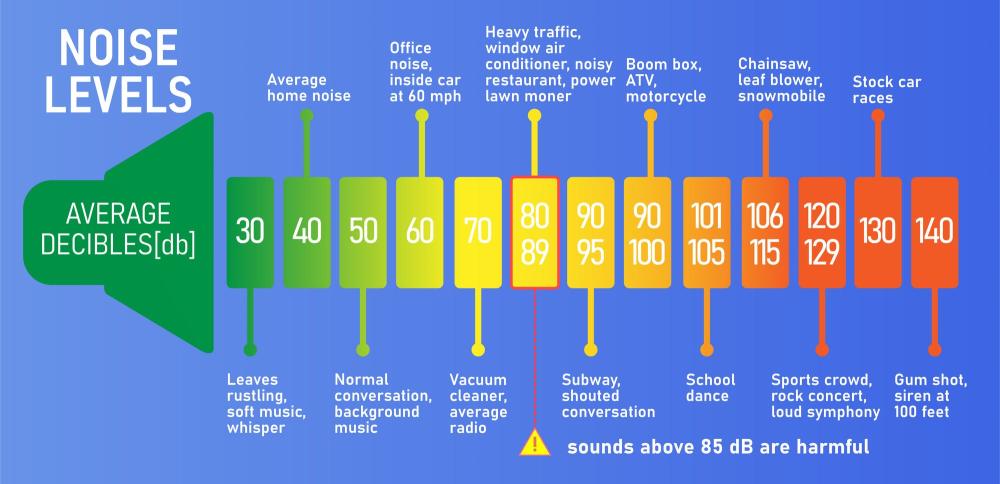
While many of us have grown accustomed to these everyday sounds, we notice sounds more when they disrupt our everyday activities, such as sleeping or conversations. For example, while walking by the railroad, a passing train may not cause discomfort, but if the loud noise of a passing train wakes you from your sleep, you will be more aware of the noise.
The World Health Organization (WHO) has reported that environmental noise features among the top environmental risks to health, with an estimated 1 million healthy years of life lost every year from environmental noise effects, including annoyance, sleep disturbance, and ischaemic heart disease.
In a Clean Air Act overview report published by the EPA, the fact that we can't “see, taste or smell” sounds may explain why it has not received as much attention as other types of pollution, like air pollution. We are constantly surrounded by noise, yet many of us are unaware of the danger environmental noise poses to our health.
Environmental Noise is a global problem.
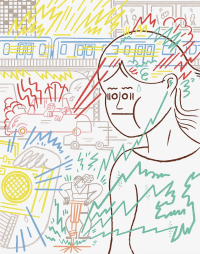
World Health Organization findings have shown that noise is the second largest environmental cause of health problems, just after the impact of air pollution. These health impacts are likely to be underestimated, with new World Health Organization evidence demonstrating effects at levels below the 85 decibels obligatory Environmental Noise Directive (END) thresholds.
The most reported health problem with high exposure to noise pollution is Noise Induced Hearing Loss (also referred to as NIHL). A joint study conducted by the Laboratory of Exposure Assessment and Environmental Epidemiology, Department of Computerisation and Methodological Consultancy, and National Institute of Public Health and the Environment showed that exposure to high decibels could also lead to high blood pressure, heart disease, sleep disturbances, and stress. Moreover, people continuously exposed to noise pollution experience elevated stress levels, mood swings, lost sleep, diminished productivity, hypertension, depression, and hearing loss, in addition to NIHL.
How does noise pollution affect children?
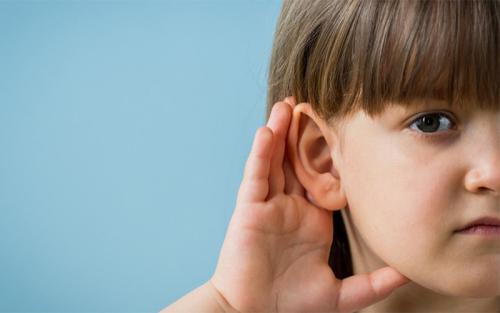
In addition to concerns about the population in general, a potentially vulnerable group are children. The American Speech-Language-Hearing Association (ASHA) shares that over 20 million Americans are working, playing, and living around environmental noise that is dangerously loud. As a result of aircraft noise alone, 12,500 schoolchildren are estimated to suffer learning impairment in school, according to the WHO. Noise pollution interferes with speech and language development, decreases concentration, impairs memory retention, and increases blood pressure. Children in the US are put at a larger risk due to the excessive use of headphones and loud music exposure.
A paper published in the Frontiers in Psychology concludes that “Indoor noise and reverberation in classroom settings were found to be associated with poorer performance of the children in verbal tasks."
Regarding chronic exposure to aircraft noise, studies consistently found that high exposure is associated with lower reading performance. Too much noise in a learning or educational environment may cause your child stress and decrease their long-term performance.
Five million children aged 12-19 in the US have documented evidence of loss of hearing function directly attributed to exceedances of the noise threshold. The best-reported way to protect your children is to minimize their exposure. To mitigate the risks for your child, you may have their hearing tested yearly, create a quiet learning and sleeping environment, and lower the volume when possible.
How can you protect your hearing?
The National Institute of Deafness and Other Communication Disorders shares that it is essential to understand the hazards of environmental noise and how to practice good hearing health to protect yourself from noise pollution.
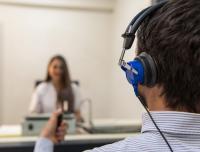
It is recommended that you wear protective devices, such as earplugs, when exposed to high levels of noise pollution. Second, it would be best to have your hearing tested when you are experiencing hearing loss or ringing. Third, it is recommended to know when noises are so loud that they can cause damage to your hearing. And lastly, educate friends, family, and colleagues on the hazards of environmental noise.
To learn more about Noise Pollution, we have collected a variety of resources for you below:
- CDC Loud Noise Can Cause Hearing Loss
- Environmental Noise Pollution in the United States: Developing an Effective Public Health Response (National Library of Medicine PubMed)
- CDC and WHO World Hearing Day Resources
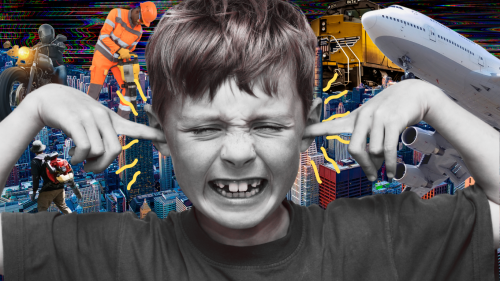
Want to learn more about noise pollution?
Read this new article How noise pollution quietly affects your health. Exposure to chronic noise is linked to long-term, serious health risks including heart disease, sleep disruption, and mental health challenges. At the UC Davis Center for Occupational and Environmental Health, experts are exploring how these long-term impacts affect our brains, bodies, and well-being. Explore the latest research findings and public health policy solutions in this in-depth article.

Angelina is an EHSC editorial assistant for the communications department and an undergraduate student at UC Davis studying Human Development. She is an aspiring writer with a focus on science communication.